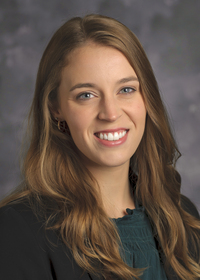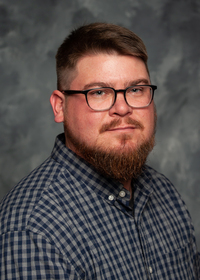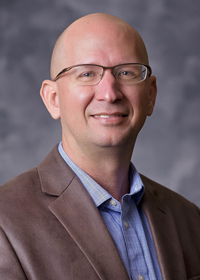Few child care facilities show elevated lead in drinking water
STARKVILLE, Miss. -- A water sampling program conducted by the Mississippi State University Extension Service has encouraging initial data about lead levels in drinking water collected at child care centers around the state.
Preliminary data gathered as part of the SipSafe program paint a reassuring picture for most of the faucets sampled.
“More than 100 child care centers have agreed to have us collect water samples at their facilities to be sure the drinking water is safe for consumption,” said Jason Barrett, associate Extension professor and principal investigator for the SipSafe project. “Out of 1,984 faucets tested, just 204 have shown lead levels higher than the program threshold of 5 parts per billion (ppb). And most of those were mop sinks or other faucets not used for drinking water.”
The U.S. Environmental Protection Agency’s action level is 15 ppb. Young children are more at risk from elevated lead levels in drinking water because their brains are growing and developing. Lead poisoning can cause brain damage, learning difficulties, and delayed growth and development.
“We are eager to reassure child care center directors and schools across the state that the water they use for cooking and drinking is safe for their students, but lead is detected only by testing the faucets in their facilities,” Barrett said. “The service is free, and we provide educational materials for teachers and parents to help explain the problems lead can cause, as well as simple solutions if elevated lead levels are found.”
The SipSafe team has worked in 38 Mississippi counties, drawn 1,984 water samples and served 9,635 students. Enrollment is ongoing and open to any licensed child care center or public school serving children up to age 5.
“Participating in the program is voluntary and noninvasive,” said Extension associate Leah Gann. “We typically set up sample bottles in the late afternoon and arrive the next morning to collect samples before any children are present, because no one can run any water until after we fill our sample bottles. We want the process to be as easy as possible, and we work to keep disruptions to a minimum.”
To learn more, visit ext.msstate.edu/sipsafe or call Leah Gann at 662-325-2301.
Sip Safe is a joint project of MSU Extension, Mississippi Department of Health, Mississippi Bureau of Public Water Supply, Child Care Licensure, Mississippi Department of Education, Mississippi State Chemical Laboratory, University of Mississippi Sea Grant Law Center, and Lead Poisoning Prevention and Healthy Homes Program.
SipSafe is supported by the EPA Lead Testing in School and Child Care Program Drinking Water Grant with funding appropriated under section 1464(d) of the Safe Drinking Water Act, amended by the Water Infrastructure Improvement Act (WIIN) section 2107.






